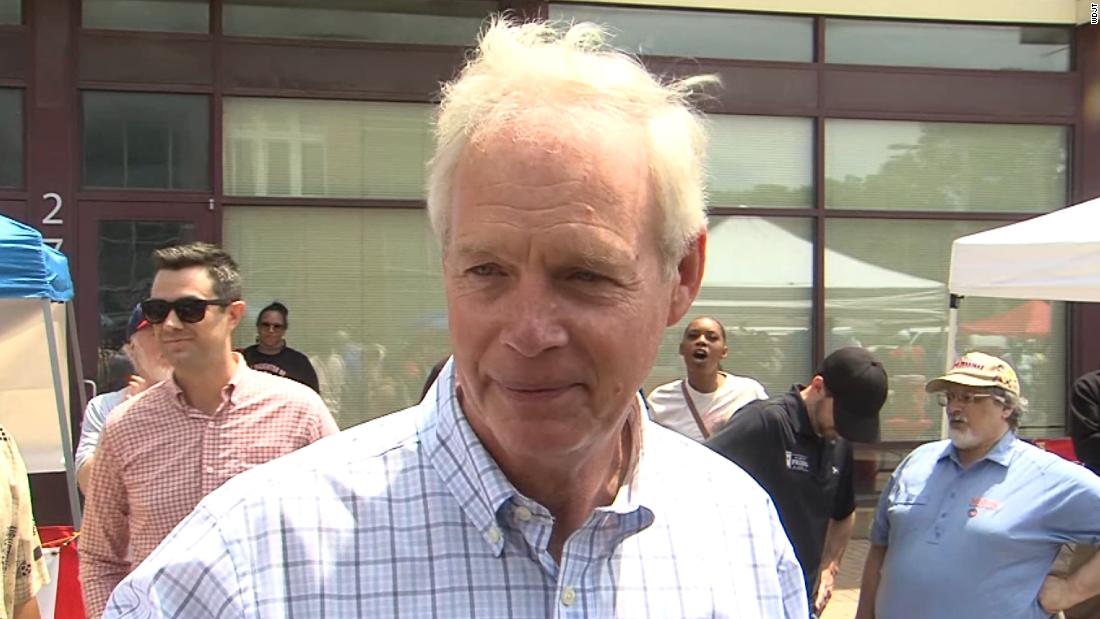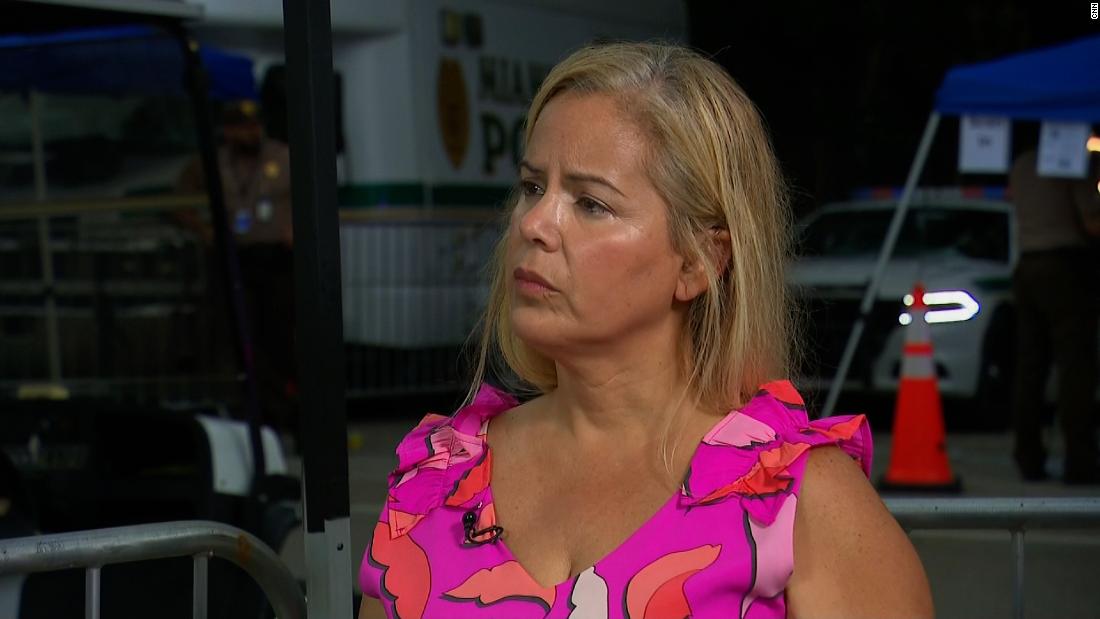| Like this newsletter? Tell your friends to sign up here. Questions about the coronavirus or vaccines? Ask here. And follow all our latest updates.
Wednesday, June 30
WHAT'S NEW THIS WEEK
THE LATEST NUMBERS
Global Cases 181,856,808
Global Deaths 3,939,034 US Cases 33,653,105
US Deaths 604,476  Source: Johns Hopkins University YOU ASKED. WE ANSWERED. Q What happens when you mix and match different Covid-19 vaccines? A Researchers are still looking into this. A limited study published this week found that mixing and matching the AstraZeneca and Pfizer vaccines still generated a strong immune response.
The study is not as strong as real-world evidence, but it could potentially open the door to more flexibility for places facing logistical or supply challenges to vaccinate their populations.
Send yours here. Are you a health care worker fighting Covid-19? Message us on WhatsApp about the challenges you're facing: +1 347-322-0415. TOP 3 READS OF THE WEEK Singapore wants to stop counting Covid cases. Its roadmap could be a model for other countries
Singapore has laid out a new vision for a return to normality. The roadmap, proposed by three members of Singapore's Covid-19 task force, would scrap lockdowns and mass contact tracing, and allow for quarantine-free travel to resume along with large gatherings.
The proposal is a radical departure from the so-called "zero transmission" model adopted by several countries and territories -- including rival Asian business hub Hong Kong -- which have so far proved successful at avoiding large outbreaks. But that model, which requires stringent, often punishing quarantine measures, will be almost impossible to maintain as new variants spread. In the long term it's simply unsustainable, the task force members claim; instead, they say living with Covid is possible. I tested positive for Covid-19 twice in two cities. The responses were vastly different
As someone who has tested positive for Covid-19 in both Britain and Hong Kong, I've experienced the worst of both worlds, writes Pauline Lockwood. In one, I fell victim to the complete failure to check the disease's spread, and in the other I got caught up in a zealous system intended to completely eradicate Covid-19.
The pandemic's true tragedy is that the virus has killed nearly 4 million people worldwide, but it has also come with widespread repercussions. After undergoing four quarantines, the one when I actually had Covid-19 was the least traumatic. For me, pandemic measures have been far harder to deal with than the disease itself.  The view from Lockwood's room in the Penny Bay quarantine camp in Hong Kong. The pandemic exposed the devastating consequences of staff shortages in nursing homes
Covid-19 ravaged nursing homes across the United States -- killing more than 132,000 residents and 1,900 staff members as of June 13, according to the Centers for Medicare & Medicaid Services (CMS). It also highlighted the dire consequences that staff shortages in those long-term care facilities can have.
But experts say this has been a decades-old problem. "Seventy-five percent of the nursing homes had inadequate staffing before the pandemic started," said Charlene Harrington, a professor emerita at the University of California, San Francisco. "It's not surprising that they weren't able to cope with it." TODAY'S TOP TIP While it's a bit of a bummer to think about going back to school before it's even the Fourth of July, in many parts of the US, if you want your child to be immunized against Covid-19 by the time classes start, you need to act fast.
Many large school systems start school in the first two weeks of August.
Since it takes five weeks to be fully vaccinated with Pfizer's vaccine, the only one authorized for adolescents ages 12 to 17, students must get their first shot now in order to be fully immunized by early August. LISTEN TO OUR PODCAST Scientifically speaking, what is the purpose of laughter? Why is it so important for our brains and well-being? And how might it help us get back to "normal" as we emerge from the pandemic?
CNN Chief Medical Correspondent Dr. Sanjay Gupta speaks with Emmy- and Grammy-nominated comedian Tig Notaro about telling cancer jokes after her 2012 breast cancer diagnosis and why she actually laughed a lot during quarantine. MORE FROM CNN During a news conference Monday calling into question the safety of the Covid-19 vaccines, Republican Sen. Ron Johnson of Wisconsin again incorrectly used figures from an early warning system by the federal government to support his argument that vaccines may not be completely safe. Magaly "Maggie" Ramsey said she didn't get to hold her father or say her final goodbyes before he died from Covid-19 in August. Unsubscribe | All CNN Newsletters
Want to easily manage your newsletter subscriptions? Create your account.
Access CNN's Coronavirus Resource.
® © 2021 Cable News Network, Inc. A WarnerMedia Company. All Rights Reserved.
One CNN Center Atlanta, GA 30303 |
SUBSCRIBE TO OUR NEWSLETTER
Our Youtube Channel
Top Articles
-
Baird and NWSL general counsel Lisa Levine were ousted Friday in the wake of a rep...
-
A CDC order that went into effect requiring a negative COVID test before flying to...
eseries.in - All Rights Reserved 2023-2025






